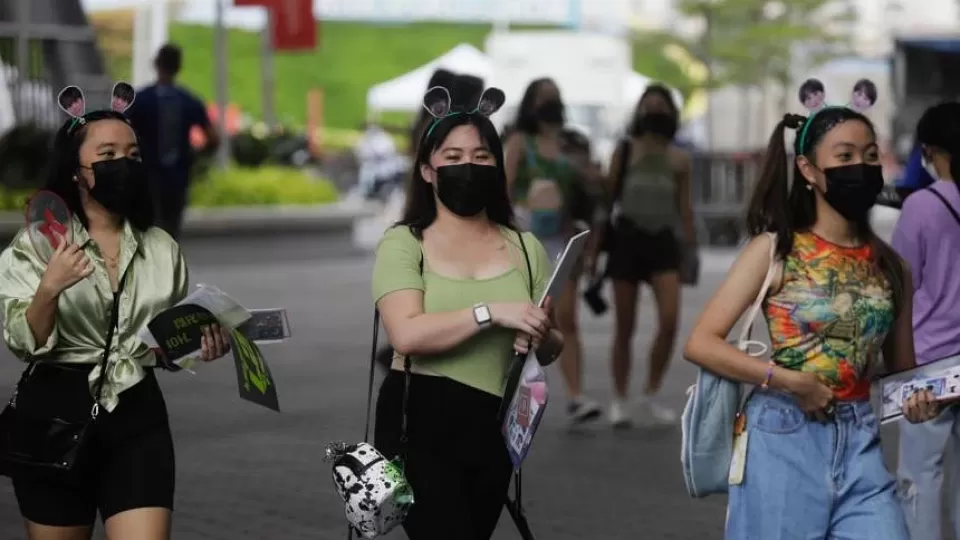July 15, 2022
SINGAPORE – Nearly three years of economic disruption, primarily caused by the Covid-19 pandemic and fuelled by the rising cost of living, climate crisis and large-scale migration, are stalling efforts to close the gender gap.
There is mounting risk that previous gains will be lost,with womenlikely to be hardest hit because of gender imbalance in the labour force.
Singapore has moved up in the list of countries working to close the gap but Asia lags behind the West in pursuing gender equality, and governments worldwide need to make it a key focus of their efforts for a sustained and robust recovery.
These were among the key findings of the 2022 Global Gender Gap report, which was released by the World Economic Forum on Wednesday (July 13).
The report is a barometer of global efforts to ensure gender parity, a necessity for economies to thrive. The 16th edition of the annual report presents more in-depth data on emerging trends in the labour markets and society.
This year’s index covers 146 countries, and the scores represent the distance covered towards closing the gender gap or attaining parity.
Iceland has once again been named the most gender equal country, topping the rankings for 2022. The Nordic country has closed 90 per cent of the gender gap and retains the number one position for 12 years in a row.
Finland, Norway and Sweden follow. Only four countries in the top 10 are outside Europe. These are: New Zealand (4th), Rwanda (6th), Nicaragua (7th) and Namibia (8th).
Lithuania and Switzerland dropped out of the top 10 and Nicaragua and Germany took their place.
Singapore is ranked 49th, up from 54th last year,with a score of 0.734.
A score of 1 indicates parity.
Gains took place across the spectrum – most of them in educational attainment. The other three areas assessed in the report are: economic participation and opportunity, health and survival, and political empowerment.
In East Asia and the Pacific, Singapore ranked 4th, with New Zealand and Australia taking up the first and third spots and the Philippines the second.
WEF’s gender gap report estimates that East Asia and the Pacific will need 168 years to close the gender gap while South Asia, which has the largest gender gap of all regions, will need 197 years to close it.
The gender gap has been closed to quite some extent – over 90 per cent – in terms of educational attainment and health and survival in East Asia and the Pacific and South Asia. However, both regions fared poorly in terms of political empowerment, which was better in South AsiathanEast Asia.
Globally, 2022 saw the gender gap closing by 68.1 per cent; at the current rate, it will take 132 years to attain parity.
Among the different regions, North America leads, having closed 76.9 per cent of its gender gap. It is closely followed by Europe, which has closed 76.6 per cent.
The results this year are a slight improvement over last year, with the 2021 Gender Gap report estimating that it would take the world 136 years to close the gap.
However, it does not offset the loss caused by the pandemic. In 2020, it had been estimated that gender parity could be achieved in 100 years.
“Gender parity is good for everyone,” said Ms Saadia Zahidi, managing director of the Forum, in an article.
“When human capital is diverse, companies become more creative and productive – two qualities that will continue to be essential as economies today rebuild and restructure,” she said.
But reality on the ground is different.
“The current recession, unlike past economic slumps that have tended to be worse for men, is disproportionately bad for women,” she noted.
Widening gender gaps in the workforce increase the need for social and worker protection, reskilling and reintegration opportunities.
“Not only are millions of women and girls losing out on access and opportunity at present, but this halt in progress towards parity is a catastrophe for the future of our economies, societies and communities,” Ms Zahidi wrote in the report.


